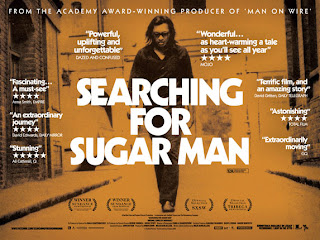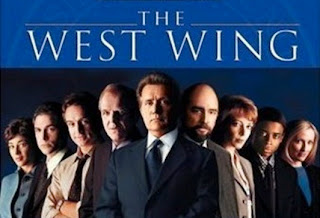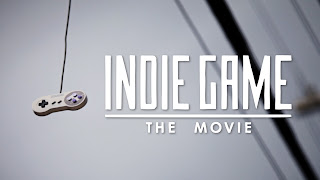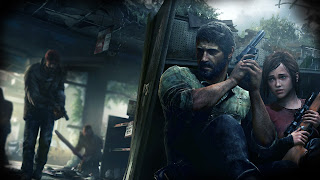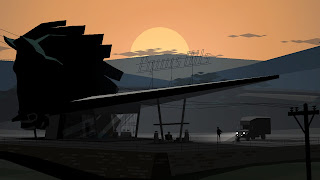A selection of the
things I’ve been interested in lately and wanted to share a little
bit about…
Gone Home
Billed as a
first-person exploration game Gone Home, the first game from the
Fullbright Company, is both familiar and unlike any game I’ve
played. Using the familiar techniques honed in dozens of first-person
shooters over the years the game sees you as Kaitlin
Greenbriar, a young woman back
from a year travelling in Europe, she returns home in the middle of
the night to find an empty house and sets about discovering what has
happened in the time she has been away.
From the setup it might sound
like this is a horror game, and despite some very atmospheric
presentation, and the notion of exploring this massive house on your
own at night, that isn’t what the game is about at all. Instead by
exploring the house, uncovering notes, diaries, receipts and clues
you begin to piece together the story of the rest of Katie’s
family, stories that are both sad and true, heartfelt and familiar
and subtly, brilliantly, realised. Her sister Sam is the main focus
of the game and at certain points she narrates dairy entries that
help fill in the blanks. The game is only a few hours long, and
outside of the exploration there isn’t a lot too it, gameplay wise,
but the attention to detail and way in which the family secrets out
themselves to you organically through your exploration make it a
really unique and engaging experience. It’s the sort of game that
is best unspoiled, but if you are interested at all in narrative
techniques in gaming and engaging with smaller, more personal
stories, then Gone Home is well worth checking out.
Searching for Sugar Man
Winner of the Oscar for
best Documentary this year, Searching for Sugar Man is one of those
stranger-than-fiction stories that is really best discovered for
yourself. It concerns a small-time musician discovered in Detroit in
the late 1960s and the surprising story of his unknown legacy. I
really don’t want to say more as half the fun of this very
enjoyable film is uncovering the pieces of the puzzle, suffice to say
it’s a journey worth taking and is surprisingly life-affirming as
well.
Fez
Back to games and Fez
was something of a breakout indie hit last year when it was released
on Xbox Live (it was also prominently featured in Indie Game: The
Movie that I reviewed here), with its recent Steam release
though I’ve finally gotten round to playing it, and it is
wonderful. A charming mix of old school 2D platforming with a modern
twist, the fact that you can rotate each world in 3D, turning one 2D
level into 4 separate ones, allowing you access to new areas, doors
and secrets, all in the name of collecting cubes. Wrapped up in it
all though are layers upon layers of secrets, codes and cryptic
puzzles that reveal elements of the game most people probably won’t
find. The game works well enough as a relatively straightforward
platformer, the graphics are great, the levels evocative of the 16bit
era without being beholden to it, combined with the great soundtrack
it makes the world a great place just to explore. But dig a bit
deeper and Fez becomes something else entirely, and even if you need
a bit of a push to uncover some of the extra content, it’s worth it
just to see how far down the rabbit hole goes.
The West Wing
Yes it’s old, but
it’s one of those TV shows that I never watched, for one reason or
another, however now all 7 series are available on LoveFilm I finally
succumbed and found myself watching the first 4 episodes in a row.
Suffice to say I’m enjoying it and I’m sure it only gets better,
but I just wanted to acknowledge the fact I‘m plugging one of the
holes in my TV watching history, and having it all available to
stream and watch whenever I want is wonderful, if dangerous.
So
that’s it for now, not sure if this will become a regular article
or not, may depend on what I find myself enjoying in the future, but
it’s good just to put some thoughts down without the need for a
full article, and to hopefully draw your attention to things that may
be of interest. Normal service (whatever that looks like) should
resume shortly.

